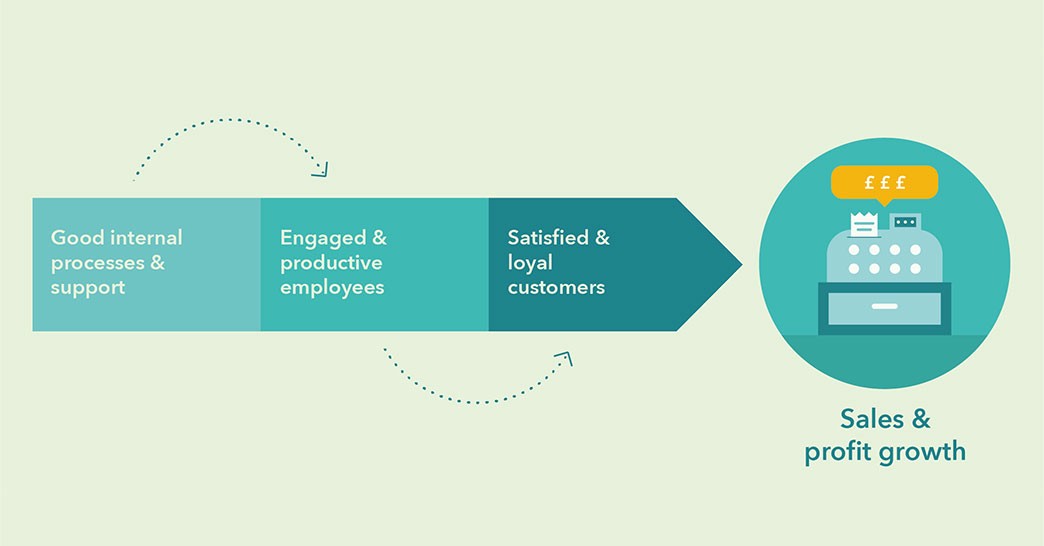Audits have long been a staple of the hospitality industry; they provide businesses with a concise glimpse of their activity, help manage compliance, and inform brand decisions.
However, it’s becoming clear that hospitality is ready for the next evolution in audits. We have a changing world to thank for that: hospitality is more demanding than ever. Competition is at its height, and maintaining every-day brand standards can make the difference for sales between competing concepts. Audits no longer provide the most complete picture possible.
The evolution of auditing is a reaction to how hospitality and the tools on offer have changed. Despite their benefits, audits traditionally demand time, patience and expenditure, and in return, the business only receives a snapshot of activity.
That snapshot also happens to frame just one moment in time — the duration of the audit — rather than providing a detailed daily picture; so unless you audit day-to-day, there will always be gaps in that picture. Of course, that alternative isn’t always a realistic option.
Which is where we reach the heart of the matter: audits are at times limited by the traditional setup. Whether it’s the tools (our ol’ pal, the Excel spreadsheet), the auditor’s visit, or the inability to provide real-time evidence of completeness or quality, they can’t always meet changing demands.

For anyone looking to move beyond audit limitations and get a better handle on business’ performance, requirements include:
1. Provide a more complete picture of the business
2. Prove consistency across multiple sites over different periods of time
3. Be more time and cost-effective to conduct
Instead of formulating a whole new approach to carrying out audits, try focusing on habit-building across the organisation.
Why? Because habits can overcome limitations, and rather than periodically reassuring managers that the business is on track, habits guarantee the fact.
Once habits are implemented, businesses can see consistent, reliable standards — all carried out by employees who habitually manage compliance, ensure day-to-day operations, and generate detailed insights.
Suddenly, that incomplete picture provided by an audit is a lot more detailed. Result!
All habits, explains Charles Duhigg, can be broken down into a three-step process:
Cue > Routine > Reward.
For example, hunger (cue) leads to cooking (routine), ending in a delicious meal (reward).
Within the hospitality environment, the blueprint can be adapted to factor in native aspects of the industry, such as:
Checklists (cue) > food safety checks (routine) > the relief of remaining compliant (reward)
There are dozens of other examples, all possible thanks to the blueprint’s reliability, making for an easy-to-grasp theory.
“We are what we repeatedly do. Excellence, then, is not an act, but a habit.” — Aristotle
Applying a habit to the blueprint is only the first step — next, you have to move it to the subconscious to ensure it sticks. As anyone who has swapped the contents of one drawer for another will know, a new habit takes time to get used to. Repetition, then, is the key to making it stick.
Joanne Gouaux — social entrepreneur and habit enthusiast — has spoken extensively on the subject. Successfully building a new habit, Gouaux argues, requires repetition over a period of time before a behaviour becomes automatic.
For employees, this means setting daily operational tasks and removing as many barriers to easy repetition as possible — including the tedious mass of paperwork cluttering up the back office. Thankfully, in the face of the 21st century, these barriers are easily brought down, and automaticity can be facilitated with the right tools.
Trail users, for example, have been able to replace their paperwork with digital checklists. The app is also built with repetition and habit-building in mind, cueing users with task notifications and providing shortcuts to put as little distance as possible between them and building the habit.
These habits then join the 45% of daily behaviours that are automated — they become as automatic to employees as breathing, literally, because they’re formed by the same part of the brain: the basal ganglia. Neat, huh?
“The importance of organisational habits is ensuring that subordinates could make decisions without constantly asking permission.” Charles Duhigg — The Power of Habit
But aside from providing day-to-day insights into the business, how else can habits build upon audits? For this, we once again turn to Duhigg:
“ introducing habits into the workplace can help employees make decisions without asking permission.”
Not only does this give teams confidence and autonomy, it also relieves managers of time spent answering questions. This is actually similar to the habit-building process itself. To build a habit, the brain breaks behaviours down into chunks — as seen in the blueprint — and learns to automate them in order to save on processing power.
Over time, terms such as ‘compliance’ and ‘best practice’ become an invisible presence, guiding the best operations without needing constant reminders. It’s the model of efficiency, inside and out.
Rather than replacing audits, the habit-building approach bridges the gap between modern hospitality and traditional methods, offering real-time insights and operational excellence. All possible with just a few good habits.
Want to learn more about how you can build better, more consistent habits into your hospitality business? Check out Trail
